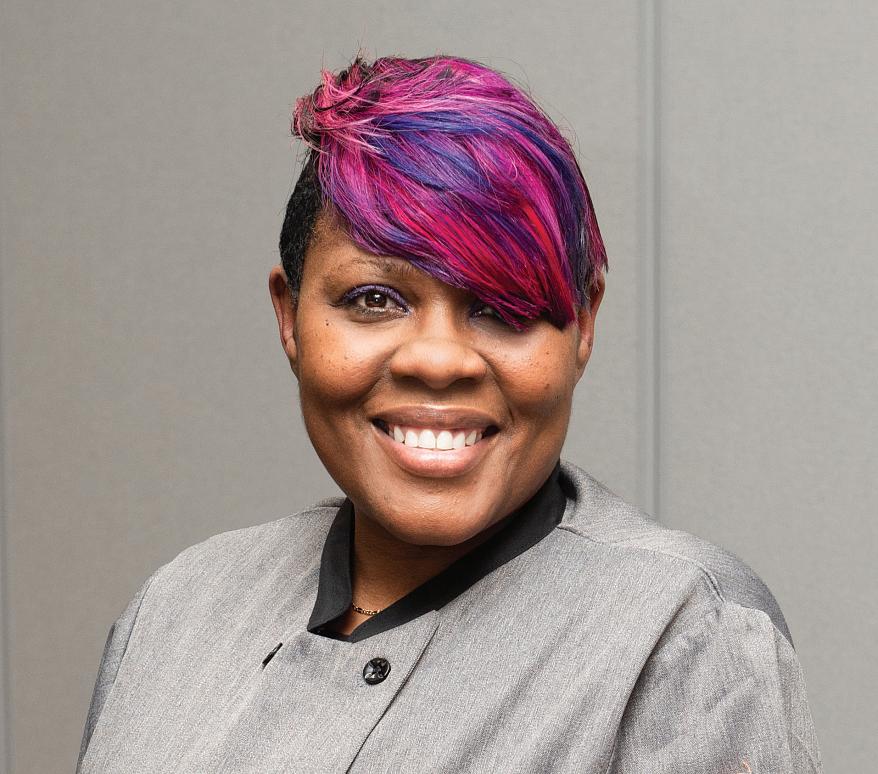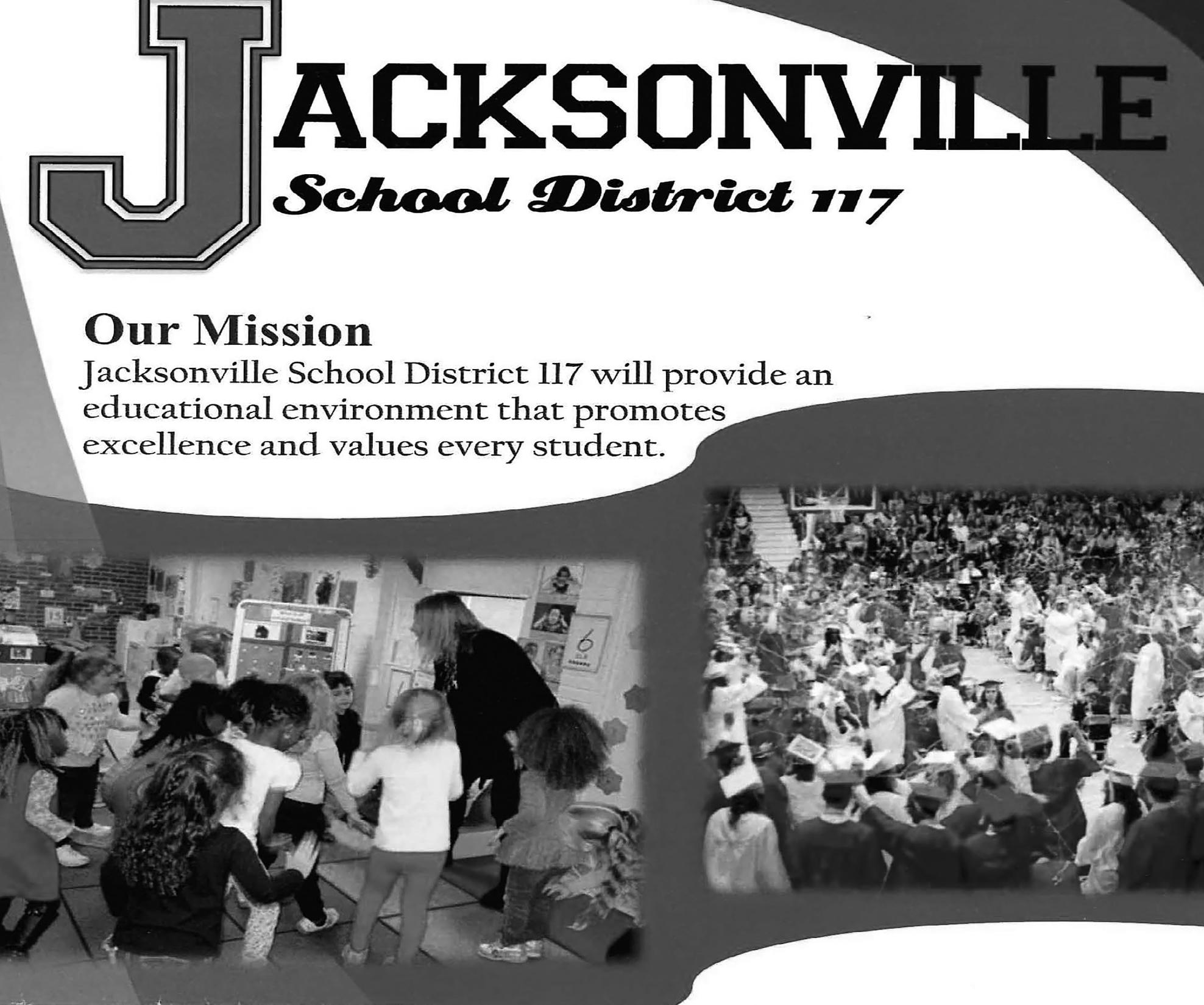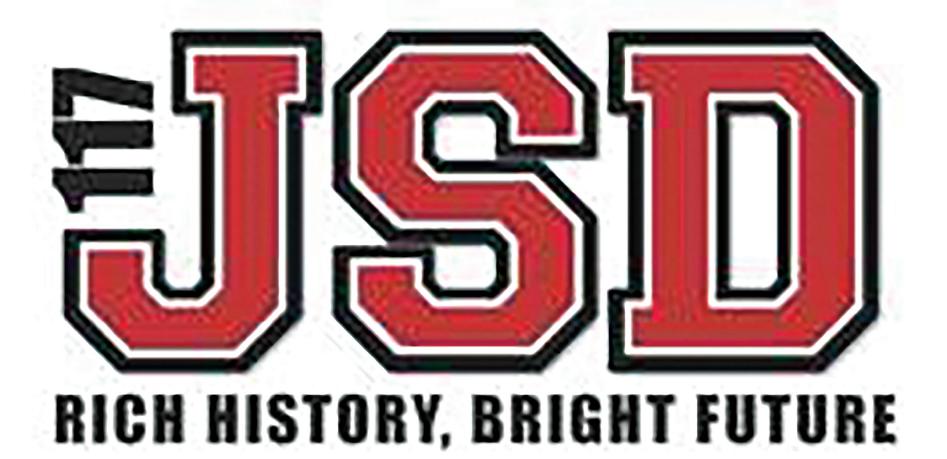RECRUITMENT GUIDE











Finding the perfect job opportunity is not the same thing as securing it.
Well qualified applicants can fall into a trap of their own making if they become overconfident.
It’s important to arrive for an interview as fully prepared as possible, since all of your experience and knowledge will be for naught if you appear to be disorganized or incompetent. Instead, familiarize yourself with the job, the company and even your interviewer.
You’ll have the confidence to nail the interview, while underlining your best qualities.

Research should begin long before you sit down for an interview. In fact, you should do most of this legwork before you even apply. Obviously, you want to dig deeply into everything the job entails. But there’s more than a resume line to be learned. Also make sure you have a firm grasp on your prospective employer’s history, your interviewer’s contributions and the work

culture, since all of these details can determine whether you are a good fit.
Deepen any relationships you may already have at the company, either through personal connections, mutual friends or industry groups. People already employed there can provide valuable insight into how things actually work, while also perhaps providing a critical recommendation that could bolster your candidacy. Modern job searches may draw hundreds, perhaps even thousands of other applicants. Having a professional contact could pull your resume to the top of the pile.
Practice sessions will improve any applicant’s confidence, while also relieving related anxiety. Remember that interviews are their own form of public speaking. If you’re not comfortable in that environment, it’s even more important that you practice. The more you go through the mock interview process, the more


comfortable you will ultimately be when it’s the real thing. Practice with someone else for best results, but even working with only a mirror will help refine your answers while strengthening your performance.
Your research doesn’t end at the door to the hiring manager’s office. Instead, continue learning about this prospective employer throughout your interview. Ask thoughtful, probing questions about things that go beyond the expected inquiries about pay. These questions will underscore the work you’ve already done familiarizing yourself with the company, while also showing that you’re engaged in the big picture.
Imagine that you have applied for your dream job. You’ve had a successful interview and you’re just waiting for the job offer. However, it never comes because the hiring manager searched your social media and found a TikTok video of you complaining about your former work place. Fair? Maybe not, but your social media can make or break a job opportunity.
According to Business News Daily, more than 75% of hiring managers use social media to learn about potential candidates. Other polls put the number even higher and say that 79% of HR managers have rejected someone because of what they learned about them online. The Muse say that among those who look at a candidate’s social media, 65% are looking to measure a potential employee’s professionalism and how they conduct themselves in social situations, 51% are looking to see whether the person would fit in their company culture and 45% are looking to find more information about a person’s qualifications.
Sometimes your social media can help you get the job. Employers say they are more likely to hire someone if their social media showed that they had a good
personality, a professional image, a wide range of interests and that their background information was accurate.
Does this mean you have to delete everything personal? No, but it does mean you need to pay attention to who has access to what. Most social media accounts give you the option to make your profile or specific posts private. Use this feature.
Be careful about who you friend
and give access to your account. Is your account a professional one that you want co-workers and potential employers to see? If it isn’t, then only allow friends and family to see it.
Learn what potential employers will find. Do you have old accounts floating around that should be deleted?
Look for things that you wouldn’t want employers to find and try to clean them up. If they
belong to you, you can make the posts private, archive photos or change your settings to “only me.” If they belong to someone else, reach out to them and ask them to remove the posts.
Switch to the “images” tab to see what photos are out there of you. Are they professional? Google yourself in incognito mode so you have a greater chance at seeing what hiring managers will see.
Your user name on social media and your handles are part of your brand. Be consistent across platforms and choose something professional. Your real first and last name—the one you use on your resume—is best for such platforms as LinkedIn and Facebook. If your name is taken on a platform, Makeuseof. com recommends using your name followed by a qualifier that is related to the work that you want to do such as YourName_ Programmer.

Show that you are invested in your career by following accounts relevant to your profession. Make posts about trends and news in your profession, but be sure to keep them positive and upbeat.
Curate content that is relevant to what you want to do and will show potential hiring managers your expertise.

















Do you have a p assion for helping other s? Then you belong at Memorial Heal th. Here, you’ll find a supportive, inclusive work environment with many opportunities to grow






We have positions available across multiple depar tments and units. See all positions online and apply in minutes.



The last thing you want to do with a cover letter is to start it with “To Whom It Concerns” or “Dear Hiring Manager.” It is impersonal, archaic and shows a lack of research. If you cannot find a name, it is better to leave off the salutation, especially when sending your cover letter as an email.

Be formal in your cover letter unless you know that the company’s culture is casual. When possible, use a courtesy title such as “Mr.”, “Ms.” (not Miss or Mrs.) or Dr. However, if you aren’t sure of the person’s gender, it is better to use just a first and last name than to misgender a person.
If the job posting contains a name, that is the one you will want to use. However, sometimes an organization will not include a name to protect their employees from spam. The best person to address a cover letter to is a hiring manager. However, if you cannot find the name of that person, look
for the head of the department for the position you are applying for. You are always better off addressing a letter higher up than necessary.
Start with a company’s website. Look for the “About Us”, “Staff” or “Directory” pages and search those for the appropriate person’s name.
If you cannot find it there, try searching social media. LinkedIn is usually your best resource. Search for the company and it will return a list of people who have that company in their profile. Look for the appropriate title and make sure that they are still with the company you are applying for.
Other social media may also help you find the information you need. Try searching for the company or using hashtags to find people who make posts as a member of the organization.
If you cannot find the person you are looking for, consider sending a short, polite message to someone who is with the company
and asking them the name of the hiring manager. It may also open an opportunity to network with them and learn more about the company.
In the days before the internet, people would learn names by calling the organization directly. If you can get through to a person, a receptionist or secretary can often provide you with the name that you need. Be sure to ask how the person’s name is spelled and what pronouns the person uses so you can properly address your cover letter.

You’ll want to research an organization before you apply
for a job so use that research to also try to find the name of the hiring manager or department manager. Google the name of the organization and read news about them. You may find articles in mainstream media, trade publications or in press release sites. If it is a local organization with its headquarters in your town, check out the archives of your local newspaper.
Finding the right job sometimes means asking yourself candid questions.
You may need to look deeper into your own strengths and weaknesses to make the best choice.
The most successful career moves often involve experience, hard work, tenacity and sometimes a little luck. But if your search has ground to a halt, it might be time to consider one other thing: whether you are looking in the right place.

Sometimes, we don’t get the job because we’re not prepared. Other times, the job just isn’t a great fit. Avoiding these pitfalls often starts with honesty.
Hiring managers are inevitably going to ask a tough question or two. So ask them of yourself, in advance. They almost always inquire about a candidate’s perceived weaknesses. Make your own evaluation to determine if
the answer is serious enough to warrant a shift in your job search. If you have an obvious issue with your resume, like a gap in your employment history, spend some time addressing that before the interview. Come up with a polished answer detailing why you left a job and remained out of the workforce. Along the way, you might learn something more about the path forward, too.
If you’re a naturally shy person, address that weakness by taking concrete steps like increased volunteering or even auditing a speech class at a local university. But understand how these tendencies should guide your career, as well. Creativity or improvisation, for instance, may
be a weakness in one role, and a huge strength in another. As you learn more about yourself, concentrate on employment positions that leverage your unique personality traits.
Find trustworthy people in order to discuss your career goals. It can be very difficult to see yourself as others do, but doing so can help polish your image and presentation to potential employers. It might also change your search parameters. Friends, family and dependable coworkers can give you the honest answers you need about where you’re headed. The conversations might not always be easy, but you’re more likely to get any needed reality check from someone who truly understands your personality, work product and history. They can also serve as moderators and interviewers for practice interviews. Ask for frank answers about how you speak, your body language and your attitude. That can also sharpen your skills for the next application process.
Building professional relationships through networking can be a cornerstone of professional development.
hey provide tips, expert advice and camaraderie when you are tenured at a certain company, then can play a key role in opening doors for your next professional role.
Best of all, networking costs you nothing. The only investment is time, either by joining industry groups, being actively involved with
online forums or professional websites, and attending meetings and conventions. The results will be friendships and connections that may unlock doors to opportunities you may never have even heard about before.
Networking forums and websites have made it easier than ever to make new connections. Sometimes, it’s smart to begin with your long-standing ones. Prior relationships can lead to introductions, since your friends, family and coworkers may already be connected to decision-makers,
hiring managers or related professionals. Friend, follow, comment, endorse skills and write recommendations. These professional courtesies might just lead to real-life partnership opportunities in the future.
It can be easy to rely too much on technology, since connecting with others is now such a streamlined experience. But sometimes there’s simply no substitute for person-to-person conversations. This kind of traditional relationshipbuilding does more than put a name with a face. By catching
up over lunch or coffee, you’re creating a conversational space to discuss things that go far beyond a specific job opportunity. Open up about your goals and dreams, ideas you have to advance your role or the wider industry, or other long-range professionaldevelopment goals. When that perfect position comes open, these contacts will more likely to recommend you based on knowing more about how well you’d fit.
Attending a professional association or trade-group event can provide job seekers with early information about
staffing changes or new employment opportunities. Even joining an online forum can open the door to a wealth of information, including things like industry trends. Some of these groups and associations are focused on complete business sectors, while others might be job specific. Either way, you’ll be have access to leaders, influencers and fellow workers who move these industries forward. Some university alumni associations also create smaller professional subgroups so that graduates can advance their careers. Contact your alumni relations office.


Pre-K Teacher at Early Years/Pre-K Center
Part-Time Pre-K Teacher at Early Years/Pre-K Center
Elementary Music Teacher at Eisenhower/Lincoln/North
Special Education Teacher at Eisenhower Elementary (2 positions)
Special Education Teacher at Washington Elementary (2 positions)
Special Education Teacher at North Elementary (K-2)
Dean of Students at Washington Elementary
Elementary Education Teacher at Washington Elementary
Elementary Education Teacher at Lincoln Elementary
Elementary Title I Teacher (2 positions)
Special Education Teacher at Jacksonville Middle School (4 positions)
Math Interventionist at Jacksonville Middle School
Special Education Teacher at Jacksonville High School (6 positions)
Band/Music Teacher at Jacksonville High School
Art Teacher at Jacksonville High School
Physical Education Teacher at Jacksonville High School
Business Teacher at Jacksonville High School
Part-Time Business Teacher at Jacksonville High School
Science Teacher at Jacksonville High School (2 positions)

English Teacher at Jacksonville High School
Math Teacher at Jacksonville High School
Benefits:
100% paid employee medical insurance (medical/vision/$40k in life insurance)
dental insurance available
sick/personal/vacation time for 12 month staff
sick/personal time for less than 12 month staff
Paraprofessionals
Bus Drivers
Bus Monitors
Secretary
Night Custodian
Parent Educators
Food service worker
Teachers: $125 per day for first 19 days – then $150 per day
Paraprofessionals: $105 per day
LPN Paraprofessionals: $20 per hour
Custodians: $15.50 per hour
Secretaries: $13.50 per hour
Nurses: $25.00 per hour
Food Service: $13.50 per hour